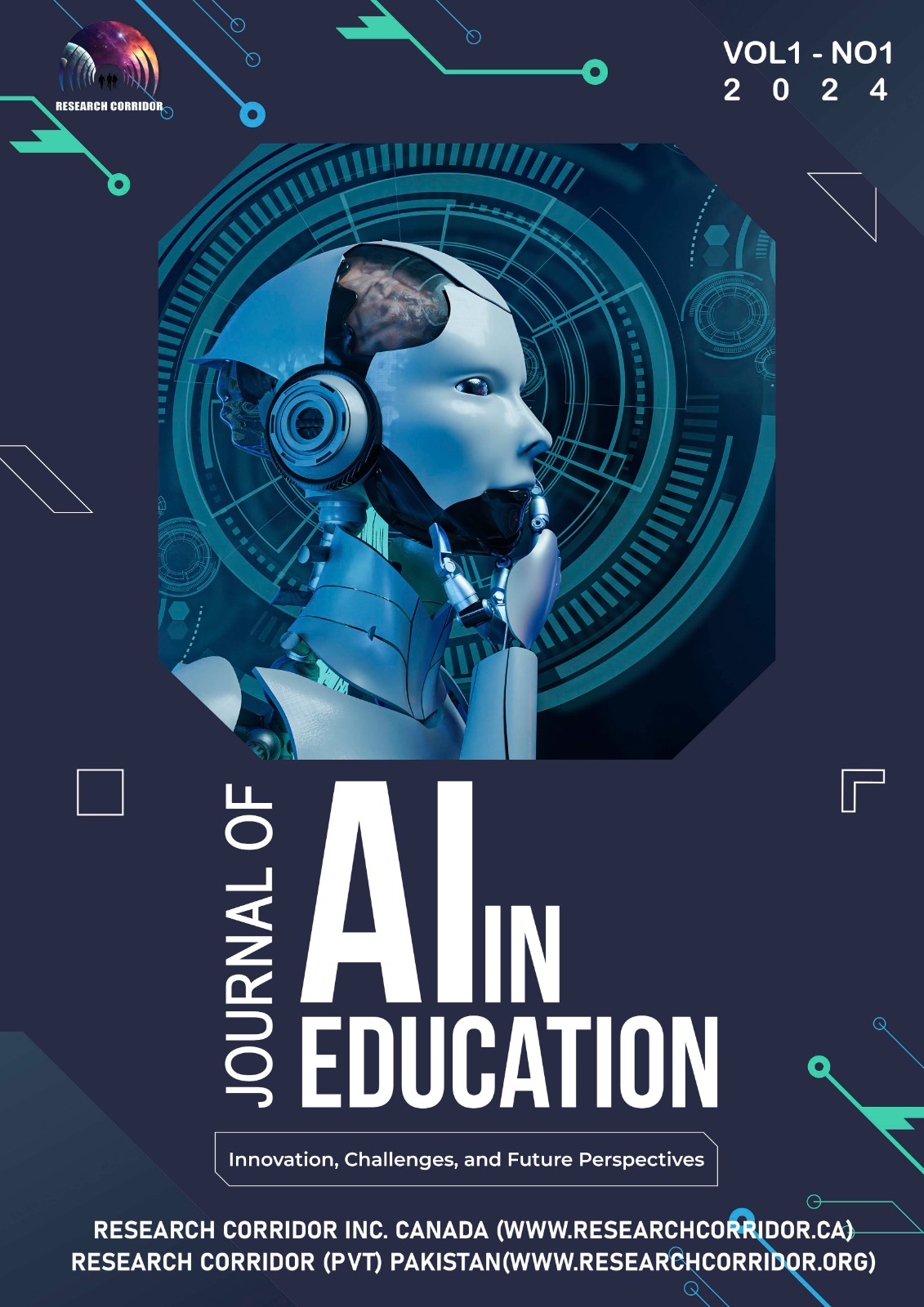Artificial Intelligence and Cognitive Science: Bridging the Gap in Educational Research
Keywords:
Artificial Intelligence, Cognitive Science, Educational Research, Personalized Learning, Intelligent Tutoring Systems, Human-Computer Interaction, Machine Learning, Pedagogical Strategies, Educational Psychology, Adaptive Learning EnvironmentsAbstract
Artificial Intelligence (AI) and Cognitive Science have emerged as two pivotal disciplines influencing modern educational research. AI-driven technologies, including machine learning and natural language processing, have transformed pedagogical strategies, personalized learning, and assessment methodologies. Simultaneously, Cognitive Science provides insights into human learning mechanisms, enabling a deeper understanding of knowledge acquisition, memory retention, and problem-solving strategies. The intersection of these domains has led to innovative frameworks that enhance adaptive learning environments, optimize instructional designs, and facilitate human-computer interaction in education. This paper explores the symbiotic relationship between AI and Cognitive Science, emphasizing their combined potential to revolutionize teaching and learning. By integrating cognitive models with AI algorithms, researchers can develop intelligent tutoring systems that align with human cognitive processes, ensuring more effective and personalized learning experiences. Furthermore, AI applications in educational psychology, such as emotion recognition and engagement tracking, contribute to refining teaching methodologies and student support systems. However, despite these advancements, ethical concerns, data privacy issues, and biases in AI algorithms present challenges that necessitate ongoing scrutiny. Addressing these concerns through interdisciplinary research will be essential for maximizing AI's benefits in education while maintaining ethical integrity. This study highlights key developments, challenges, and future research directions at the convergence of AI and Cognitive Science in educational settings. It underscores the necessity of a multidisciplinary approach to harness AI's full potential while preserving the fundamental principles of human cognition and pedagogy.





